#;;Senju
Explore tagged Tumblr posts
Text

@narutoocweek || Day 2 : Photograph | Friendship
Collection of sketches of Kana’s two closest friends: Senju Minori and Senju Anzu
Anzu and Kaname share a fairly close blood relation as they are second cousins, with being Anzu being the great-niece of Hashirama’s mother and the daughter of his cousin. They have been close since they were very young and work well together as shinobi. Anzu is gutsy, proud, loyal and affectionate. She has a strong sense of responsibility as well, and is good at picking up s role of leadership if needed. She have raised her younger brother since she was 16 following the deaths of their parents.
Minori’s blood relation to Kaname is too distant to to be notable, but being just a year older she nonetheless started being trained together with Kaname and Anzu when they were quite young. Out of the three Minori is the more ”chill” one, but nonetheless with a vibrant persona around a select few, but forthright and honest with most all, and with a talent for Fuinjutsu which is a field she specializes in. With Kaname she shares, among other things, a fondness for a very particular type of literature.
27 notes
·
View notes
Text
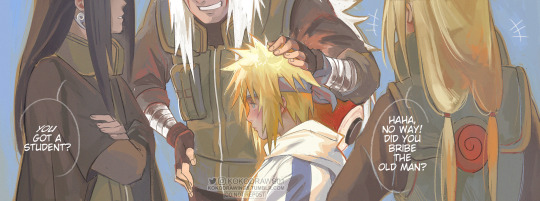
Jiraiya: "He's gonna be great, you'll see"
#minato namikaze#namikaze minato#naruto#jiraiya#tsunade senju#orochimaru#senju tsunade#digital art#artists on tumblr#legendary sannin#koko draws
4K notes
·
View notes
Text

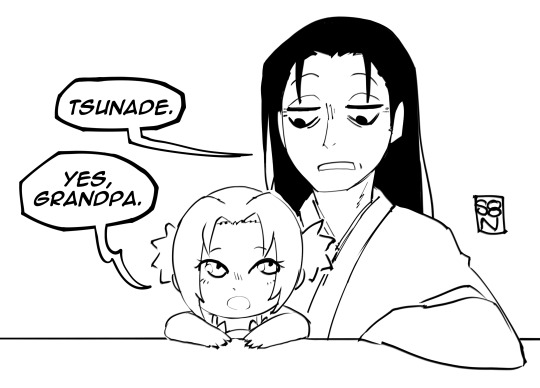

They ended up losing that piggy bank too.
#tsunade senju#hashirama senju#naruto#naruto fanart#doodles#nobody seems to talk about how hashirama and tsunade are absolute losers#local grown ass man gives his grandchild a gambling addiction#narutito
4K notes
·
View notes
Text
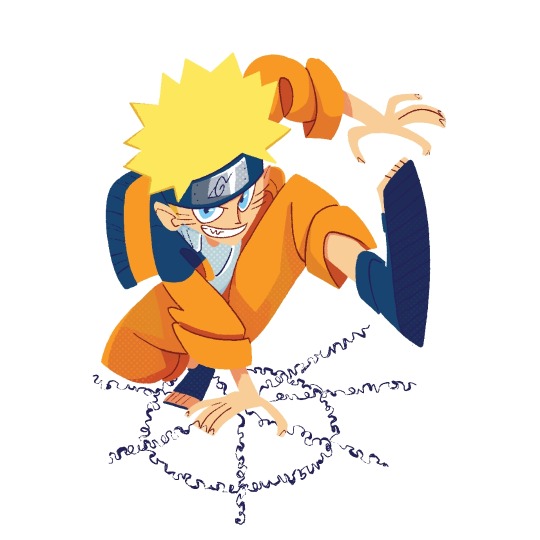
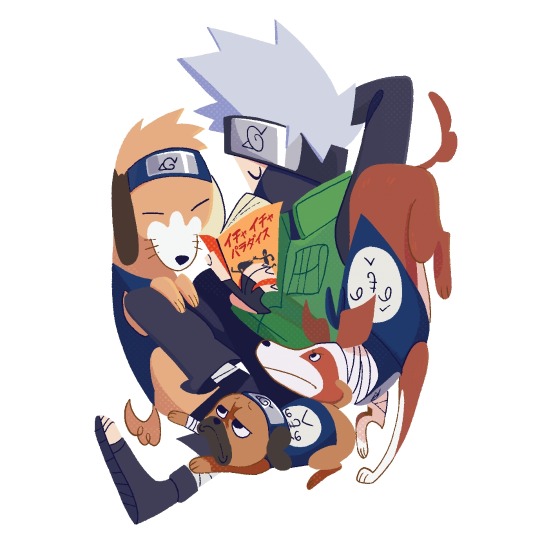
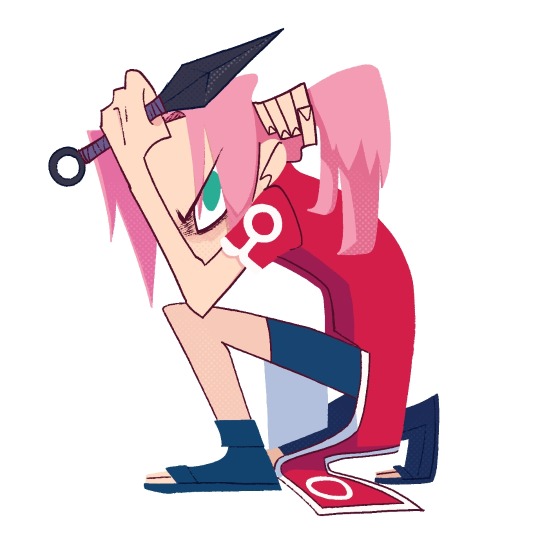
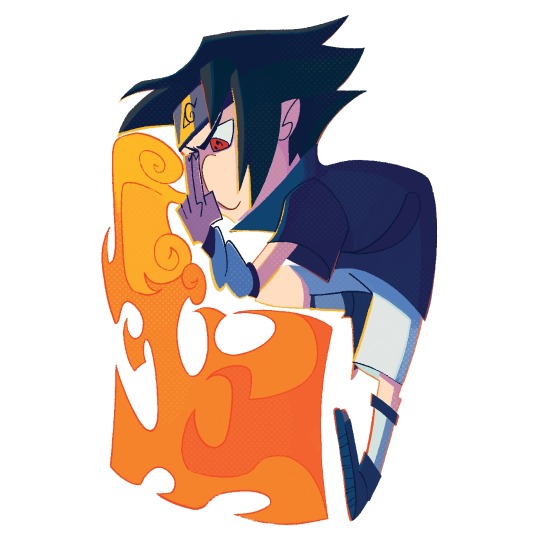
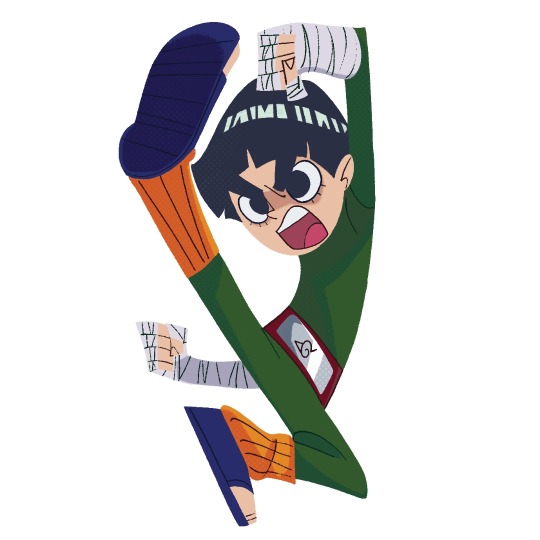
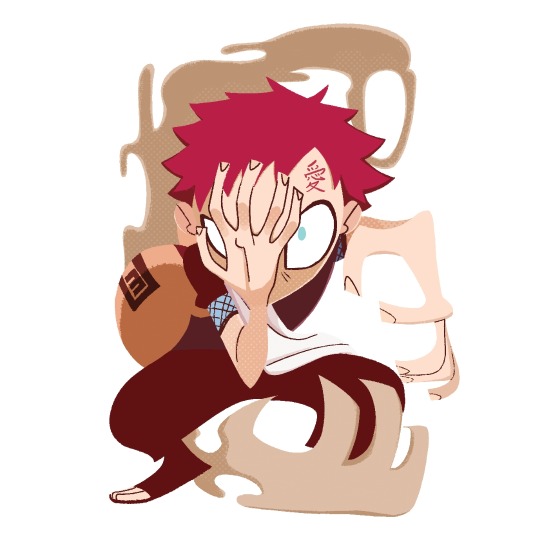
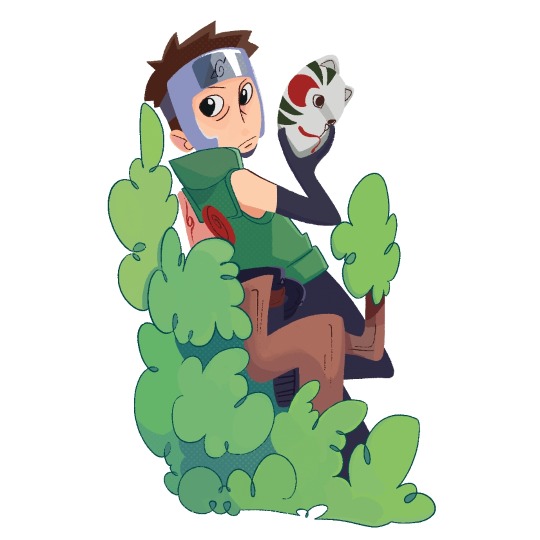
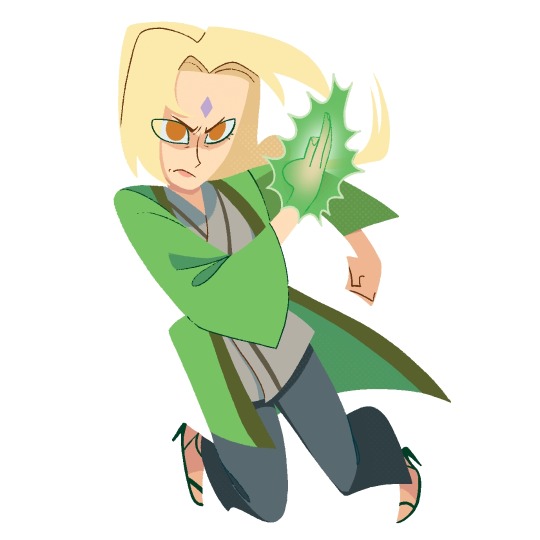
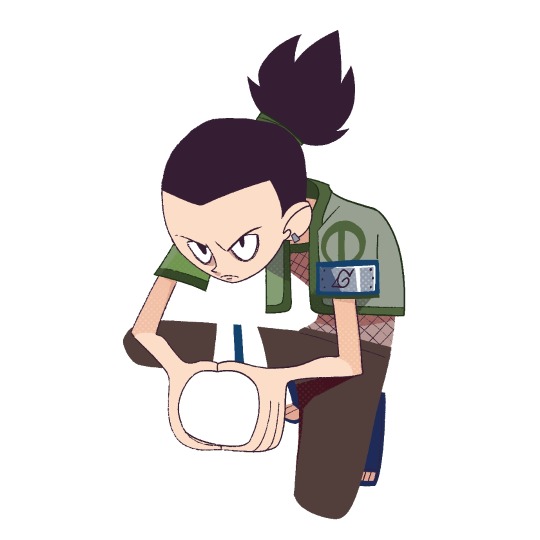
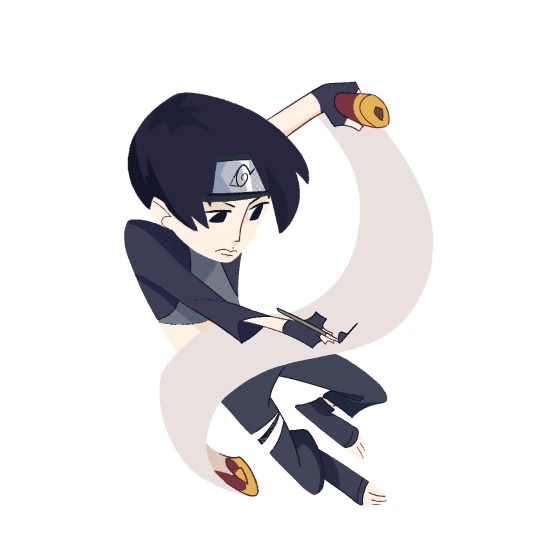
i finished my Naruto stickers a while ago and completely forgot to post them!! oh wellll
#naruto#sakura haruno#sasuke uchiha#kakashi hatake#rock lee#sabaku no gaara#tsunade senju#yamato tenzo#sai#shikamaru nara#stickers#yoo ethan draws
8K notes
·
View notes
Text
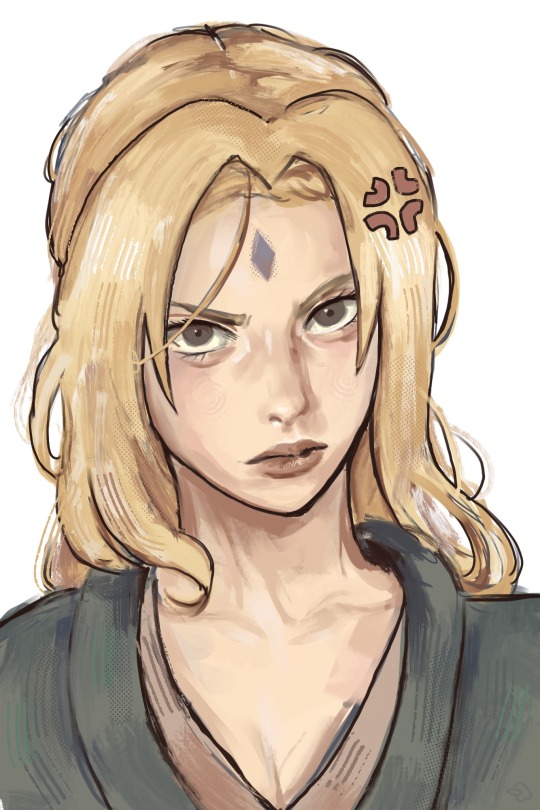
2K notes
·
View notes
Text

5K notes
·
View notes
Text
I love the 4th ninja war, it's literally a reunion of troubled lovers.
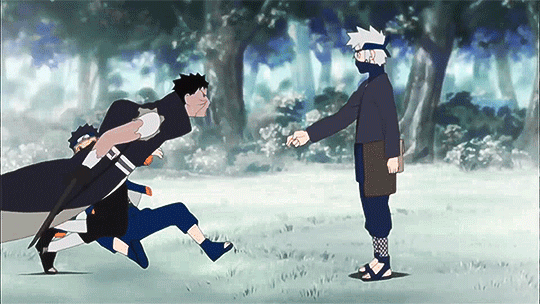


And it's funny because there's always an Uchiha involved...
#obikaka#kakaobi#kakashi hatake#obito uchiha#hashimada#madara uchiha#hashirama senju#narusasu#sasunaru#sasuke uchiha#naruto uzumaki
8K notes
·
View notes
Text

misc stuff
#naruto fanart#kakashi hatake#naruto#might guy#hashirama senju#tsunade#obito uchiha#shikamaru nara#art#kurenai yuhi#minato namikaze
3K notes
·
View notes
Text
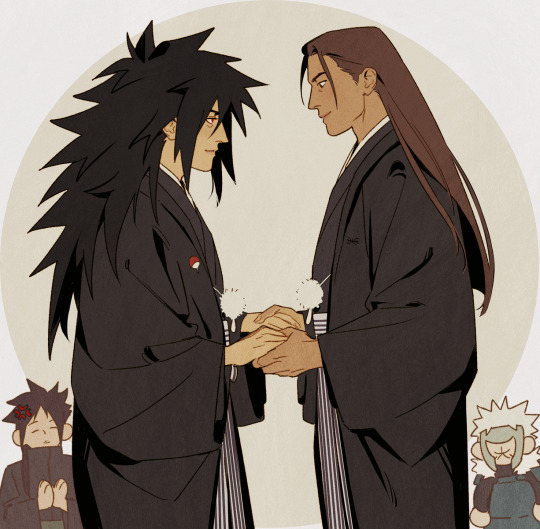
happy madara bday and other holidays @greencuttingmat 💖@hashimada-giftexchange
3K notes
·
View notes
Text

Happy holidays @meraces !! Hope you enjoy!!!
Here’s my piece for @hashimada-giftexchange
3K notes
·
View notes
Text
How I see the konoha founders:



I’mma squeeze em till they explode/jk
#hashirama#hashirama senju#hashirama fanart#madara#madara uchiha#madara fanart#tobirama#tobirama senju#senju tobirama#tobirama fanart#naruto#naruto shippuden#naruto fanart#look at that grumpy ass hedgehog#im sorry i didnt do izuna#i got lazy after drawing tobirama
1K notes
·
View notes
Text
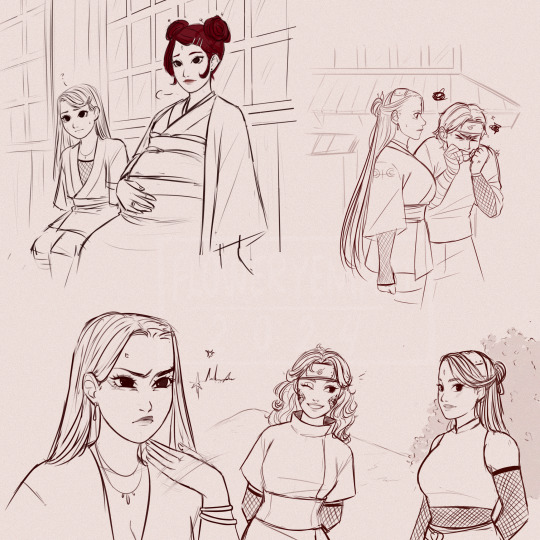
Tried to get past some art block by doing random screencap redraws
Main and True Timeline!AU
#;;Danma#;;Kaname#and Kichiro baking#;;Mother || Uzumaki Mito#;;Kichiro#;;my art#;;uchiha#;;Senju#v; main#;;verse name pending#Mito Uzumaki#Uzumaki Mito#Naruto oc#Senju oc#Uchiha oc
46 notes
·
View notes
Text
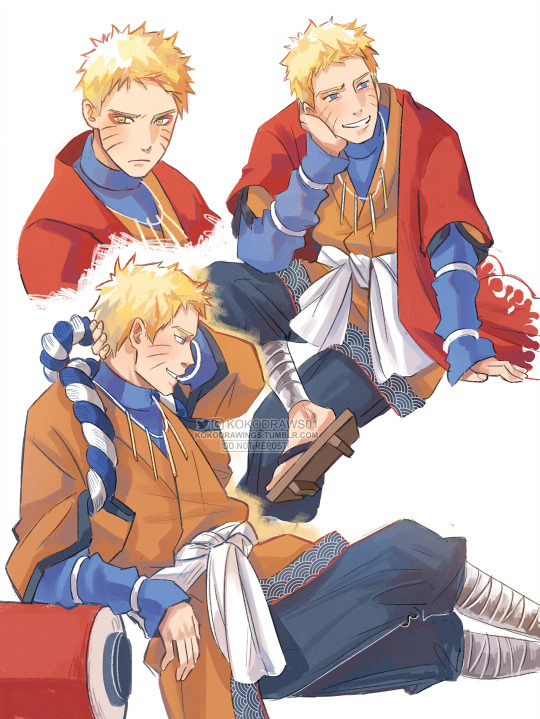
Role reversal AU: Naruto as the ambassador of the shinobi nations
#naruto#naruto fanart#uzumaki naruto#naruto uzumaki#role reversal au#koko draws#this role reversal au is not just between Sakura and Sasuke's sanin teachers. Naruto and Sasuke also swap roles after the war#Sasuke becomes the Rokudaime Hokage -the Uchiha and the Senju finally united under his mandate- while Naruto wanders around#He has a lot of promises to keep and he can't do so as Hokage so he turns down the position.#the first thing he does after the war is have a long talk with Hiashi and the rest of the Hyuga clan heads#and makes sure to fulfill his old promise to Neji (who is alive in this au because what's that bs in canon?)#Neji takes after Hinata and starts to wear his headband around his neck now that he is free of the cage bird seal#after that Naruto wanders to Ame to help in every way he can#(Konan is also alive because her death was completely bs and we are ignoring canon here)#Naruto is a very powerful person and in a way his new role as ambassador transcends that of the Hokage.#He is fullfiling Jiraiya and his father’s dream of peace. He is also achieving his own childhood dream#now he is being recognized not only by Konoha but by the shinobi world in his entirety#He is the only person able to travel freely between all shinobi villages#All the doors are open for him. No matter where he goes he will be welcomed as if he were coming home.
3K notes
·
View notes
Text
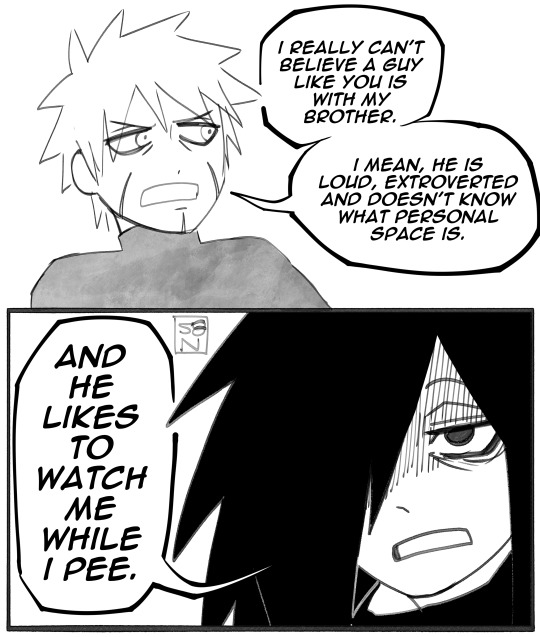
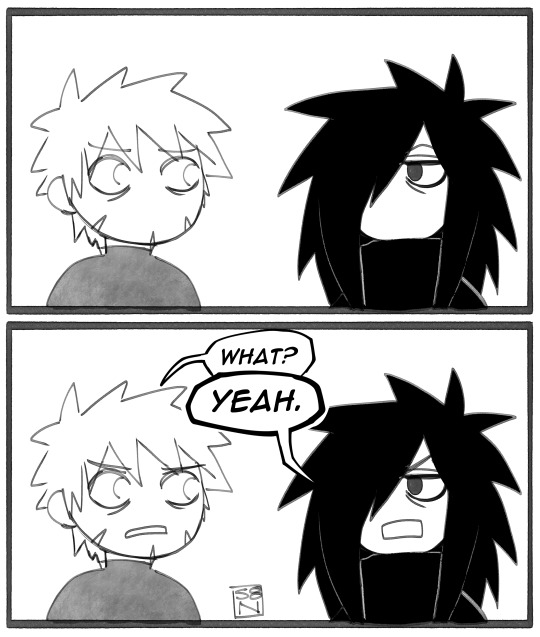
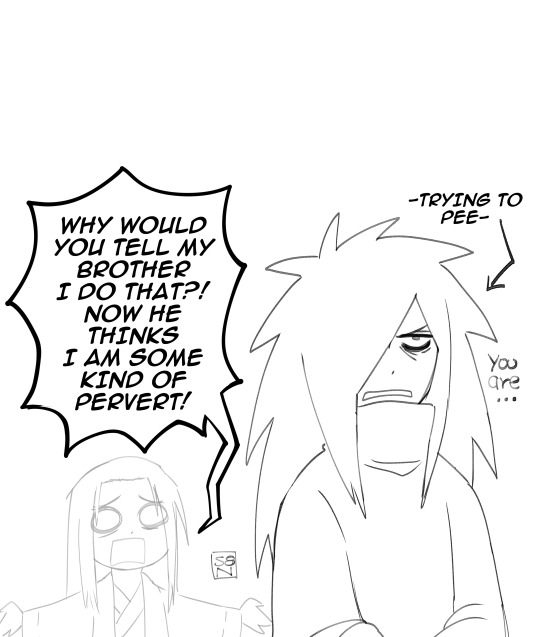
He woke up and chose violence...
#tobirama senju#madara uchiha#hashirama senju#hashimada#naruto fanart#naruto#doodles#imagine the founding fathers of konoha are just two disaster homosexuals and one guy having to listen to their shit#funny as hell if u ask me#narutito
3K notes
·
View notes
Text

cute little guys, glad nothing bad ever happens to them
#naruto#naruto fanart#uchiha madara#uchiha izuna#senju hashirama#senju tobirama#madara uchiha#izuna uchiha#hashirama senju#tobirama senju#my art
2K notes
·
View notes
Text

(tw blood) the kids spend so much time with each other it's heartwarming
#my art#tw blood#based same age au#sakura haruno#sasori#lady chiyo#tsunade senju#orochimaru#kabuto yakushi#can you tell i drew this in an hour#when you're in being mean and spiteful competition and your opponent is kabuto#sometimes nobody in the group assignment gets along and tries to kill each other it happens#the other half has already been thru this. its a rite of passage#i love both of these trios btw
2K notes
·
View notes